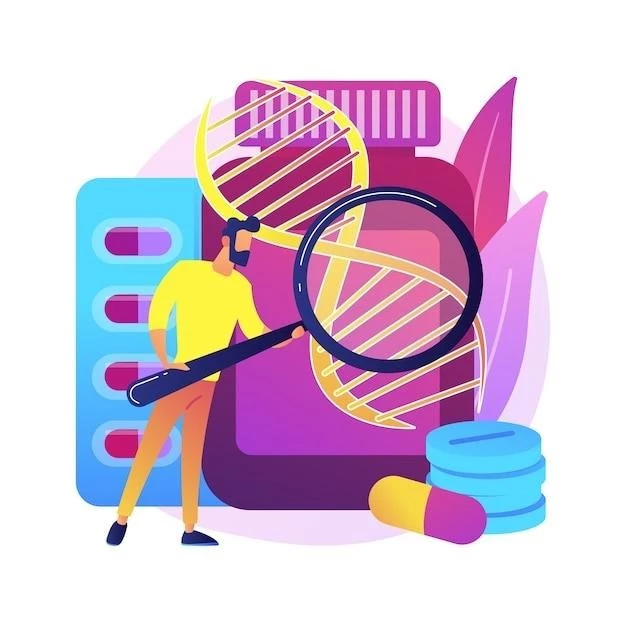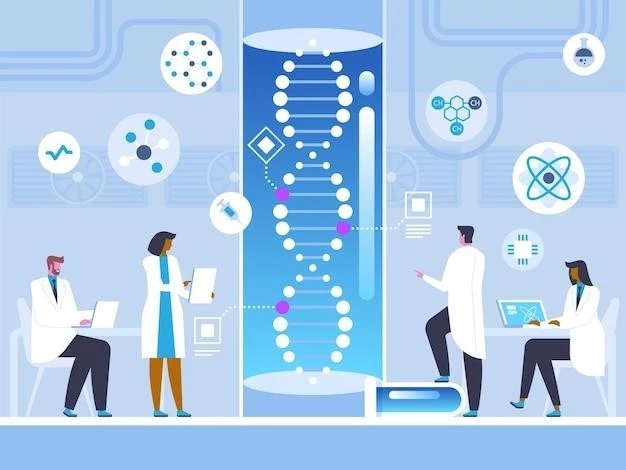When considering Chromosome 13q Deletion, it’s crucial to be aware of the various symptoms, treatment options, causes, diagnosis, prognosis, genetic counseling, research advances, and support resources available. Understanding these aspects can provide valuable insight and guidance for individuals and families affected by this genetic condition.
Symptoms of Chromosome 13q Deletion
Individuals with Chromosome 13q Deletion may exhibit a range of symptoms, including developmental delays, intellectual disabilities, craniofacial abnormalities, heart defects, vision and hearing impairments, skeletal anomalies, and growth delays. It’s important to consult with healthcare professionals for a comprehensive evaluation and management of the symptoms.
Moreover, individuals may experience neurological issues, such as seizures, behavioral challenges, and motor delays. Regular monitoring and early intervention can help address these symptoms effectively and improve overall quality of life. Families should work closely with a specialized healthcare team to create a personalized care plan tailored to the individual’s specific needs and challenges.
Treatment Options for Chromosome 13q Deletion
When exploring treatment options for Chromosome 13q Deletion٫ a multidisciplinary approach involving various specialists like geneticists٫ pediatricians٫ therapists٫ and educators is essential. The management focuses on addressing specific symptoms and complications associated with the condition.
Individuals may benefit from early intervention services, such as physical therapy, speech therapy, occupational therapy, and special education programs to support developmental progress. Medical interventions may be required to manage heart defects, vision problems, hearing impairments, or other physical abnormalities.
Furthermore, genetic counseling can provide valuable information and support to families navigating the complexities of Chromosome 13q Deletion. It’s important to regularly monitor the individual’s health and development, adjusting treatment strategies as needed to optimize outcomes and enhance quality of life.
Collaboration with healthcare providers and participation in support groups can offer emotional support and valuable resources for families facing the challenges associated with the condition. By actively engaging in the treatment process, individuals with Chromosome 13q Deletion can receive comprehensive care and support tailored to their unique needs and circumstances.
Causes of Chromosome 13q Deletion
Chromosome 13q Deletion is typically caused by a deletion in a specific portion of the long arm (q) of chromosome 13. This deletion can occur randomly during the formation of reproductive cells or early fetal development, leading to the loss of genetic material in the affected region.
While the exact cause of Chromosome 13q Deletion is often spontaneous٫ in some cases٫ it can be inherited from a parent who carries a balanced translocation involving chromosome 13. Genetic testing and counseling are important for individuals and families to understand the underlying genetic factors and potential risks of passing the deletion to future generations.
Research continues to explore the molecular mechanisms and environmental factors that may contribute to Chromosome 13q Deletion. Understanding the causes of the condition can enhance genetic counseling efforts, guide family planning decisions, and support ongoing advancements in diagnostic and therapeutic strategies for individuals affected by this chromosomal abnormality.
Diagnosis of Chromosome 13q Deletion
Diagnosing Chromosome 13q Deletion involves a series of tests, including chromosomal microarray analysis (CMA), fluorescence in situ hybridization (FISH), and karyotype analysis. These tests can identify the deletion of genetic material on the long arm of chromosome 13 and confirm the presence of the chromosomal abnormality.
Additionally, healthcare providers may conduct a thorough physical examination, developmental assessments, and imaging studies to evaluate the individual’s overall health and identify any associated medical conditions or anomalies. Early diagnosis is essential to initiate appropriate interventions and support services promptly.
It’s crucial for individuals diagnosed with Chromosome 13q Deletion and their families to work closely with genetic specialists, pediatricians, and other healthcare professionals to understand the implications of the condition, address potential health concerns, and develop a comprehensive care plan tailored to the individual’s needs.
Regular follow-up appointments and monitoring are essential to track the individual’s growth, development, and well-being over time. By staying informed and actively participating in the diagnostic process, individuals with Chromosome 13q Deletion can access the necessary support and resources to optimize their health outcomes and quality of life.

Prognosis for Individuals with Chromosome 13q Deletion
The prognosis for individuals with Chromosome 13q Deletion varies depending on the severity of symptoms, associated medical conditions, and the presence of other chromosomal abnormalities. It’s important for families to understand that each case is unique, and prognosis can differ widely among individuals.
While some individuals with Chromosome 13q Deletion may experience mild developmental delays and lead relatively healthy lives with appropriate support and interventions, others may face more significant challenges that impact their overall well-being and quality of life. Early intervention and comprehensive care can play a crucial role in improving outcomes and maximizing potential.
Healthcare providers, therapists, educators, and support networks can collaborate to create individualized treatment plans that address specific needs and promote optimal growth and development. Regular monitoring, therapy sessions, and educational interventions can help individuals with Chromosome 13q Deletion achieve their full potential and navigate challenges effectively.
By focusing on early detection, proactive management, and ongoing support, families can empower individuals with Chromosome 13q Deletion to thrive and overcome obstacles associated with the condition. It’s essential to maintain open communication with healthcare professionals and explore available resources to enhance the overall prognosis and well-being of individuals with this genetic anomaly.
Genetic Counseling for Chromosome 13q Deletion
Genetic counseling plays a pivotal role in helping individuals and families understand the implications of Chromosome 13q Deletion; Genetic counselors can provide valuable information about the genetic basis of the condition, recurrence risks, and available testing options.
Individuals considering starting a family or those with a family history of Chromosome 13q Deletion can benefit from genetic counseling to assess the likelihood of passing the condition to future generations. Counseling sessions aim to empower individuals with knowledge to make informed decisions about family planning and genetic testing.
Moreover, genetic counselors can offer emotional support, assist in coordinating diagnostic tests, and facilitate communication between healthcare providers. By fostering open dialogue and providing tailored guidance, genetic counseling can help individuals navigate the complexities of genetic conditions like Chromosome 13q Deletion.
Continuous advancements in genetic research and diagnostic techniques further underscore the importance of seeking genetic counseling. By availing themselves of these services, individuals and families can gain clarity, support, and resources to manage the genetic aspects of Chromosome 13q Deletion effectively.
Research Advances in Chromosome 13q Deletion
Ongoing research into Chromosome 13q Deletion continues to broaden our understanding of this genetic condition and drive innovation in diagnostics and treatment strategies. Recent advances have shed light on the molecular mechanisms underlying the deletion and its impact on human health.
Scientists are exploring gene therapies, precision medicine approaches, and targeted interventions to address specific symptoms associated with Chromosome 13q Deletion. By unraveling the genetic complexities of the condition٫ researchers aim to develop more personalized and effective treatment options tailored to individual needs.
Furthermore, genetic technology advancements, including next-generation sequencing and gene editing techniques, hold promise for enhancing early detection, prognostic accuracy, and therapeutic outcomes for individuals with Chromosome 13q Deletion. Collaborative efforts among researchers, clinicians, and advocacy groups drive progress in the field.
Participation in research studies, clinical trials, and genetic registries can provide individuals and families affected by Chromosome 13q Deletion with access to cutting-edge treatments and contribute to the collective knowledge base. By staying informed about research breakthroughs and engaging with healthcare providers, individuals can actively participate in advancing the understanding and management of this genetic anomaly.
Support Resources for Chromosome 13q Deletion
Accessing support resources is vital for individuals and families affected by Chromosome 13q Deletion. Various organizations, support groups, and online platforms offer valuable assistance, guidance, and community for those navigating the challenges of this genetic condition.
Support groups provide opportunities for individuals to connect with others facing similar experiences, share information, and receive emotional support. These groups create a sense of belonging and understanding, helping individuals feel less isolated and more empowered in managing the condition.
Additionally, educational resources, workshops, and seminars can equip families with valuable knowledge about Chromosome 13q Deletion, treatment options, and coping strategies. Expert-led discussions and webinars can offer insights into the latest research, therapies, and practical tips for daily care.
Online forums and social media platforms dedicated to Chromosome 13q Deletion serve as virtual communities where individuals can seek advice, exchange stories, and access up-to-date information. These digital resources provide a convenient way to connect with others and find valuable resources from the comfort of home.
By reaching out to support resources, individuals and families can build strong networks, gain valuable insights, and find comfort in knowing they are not alone in their journey with Chromosome 13q Deletion. Empower yourself by tapping into these supportive avenues for guidance and solidarity.
